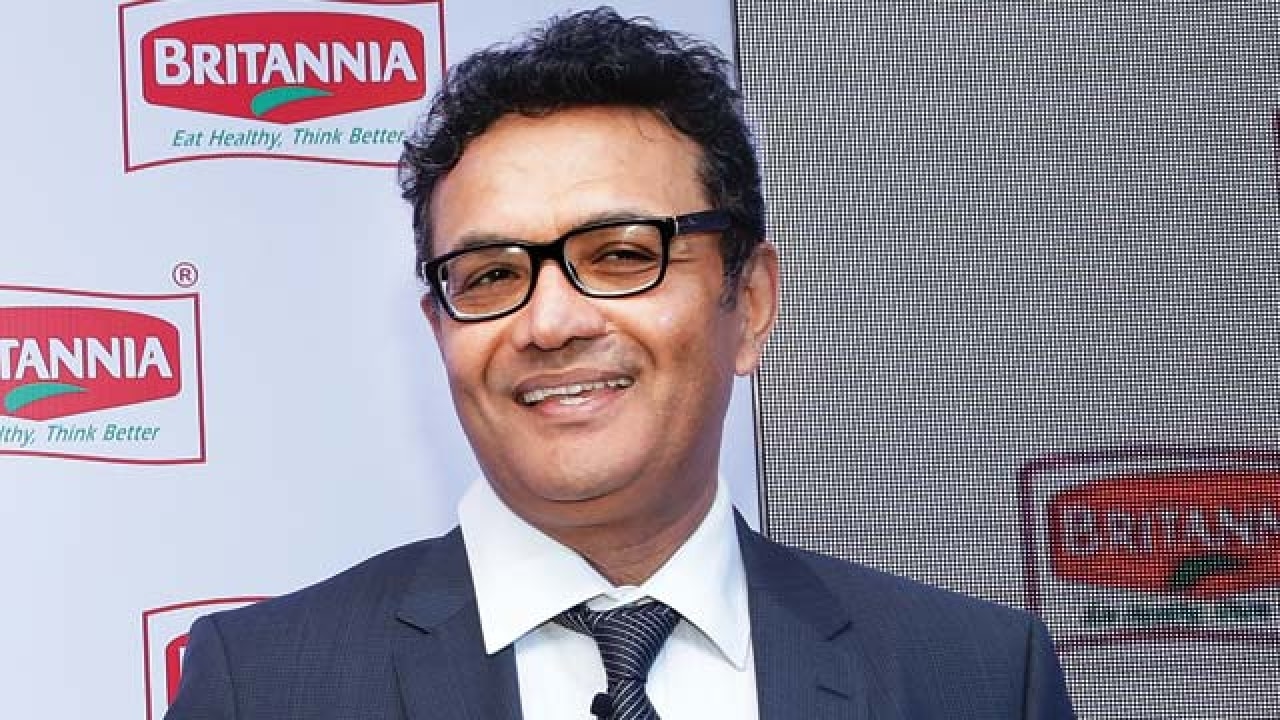
Britannia Industries Ltd, which started out as a maker of bakery products with a revenue of Rs 200 crore, has grown into a Rs 8,500 crore company over the last three decades, extending its presence to the dairy segment as well. The manufacturer of about a million tonne biscuits every year now aims to become a global food company. As a part of its expansion plans, Britannia, along with its six outsourcing partners, has invested Rs 550 crore in Karnataka, a major chunk of which has been spent by the company on setting up a state-of-the-art manufacturing plant and research & development (R&D) centre in the state. Managing director Varun Berry talks about the company's future plans and preparations with Ashish K Tiwari.
The biggest preparation is our brand new research and development (R&D) centre at Bidadi, Karnataka. The R&D facility has the capability of providing us products that are very innovative and quickly that too. This cuts our time from idea to commercialisation by almost half. That's because we also have our technology centre at the same location and they both work together on all the aspects and lower the turnaround time significantly.
Yes, we have. In fact, we are very close to announcing one of those categories, which will probably be very soon. But that's not the end. Lots of preparations are in the works and may be, in the initial part, we would be introducing one-and-a-half new categories in a year moving on to one new category every year. Also, the preparations for each one of these new categories would be deep. It's not about moving very quickly and launching without caring about whether we are ready for it or not. We will do it only if we are absolutely ready to launch the new category.
That will be a bit much at this stage. I would say at least three at this point in time.
No. We are going from ground zero. We are now going to look at what is the best way forward in each of the new categories. Probably, the least amount of work that we have done is in the breakfast area. So we have got a lot of ground to cover there and we will do so in the process of going through these new categories.
No, we haven't really invested in manufacturing facilities yet. Right now, we are checking out concepts, products with consumers. We have also figured out what equipment will be required but it's not been ordered yet. The first category that we are looking at will probably take us six to eight months to get us to the commercialisation stage.
We currently manufacture from 14 owned facilities and another 23 through contract packers so we have 37 factories in all. As for newer units, Bengaluru has happened already. There is one each in the works in Andhra Pradesh, North East, Gujarat and Maharashtra. We've invested Rs 200 crore at Bidadi but that's including the R&D and Technology centre. All others will be purely manufacturing and have more or less the same capacity as the one Bengaluru. Actually, there might be a few that will call for a larger sum of investment. For instance, the one coming up in Maharashtra will be significantly higher because it will be a mega facility. We haven't finalised the site but it's going to be somewhere near Pune.
Nepal is certainly in consideration. We feel we are ready to set up one there but are yet to take a final call on when. Like Nepal, there are other countries that offer us the business to put up a line. Similarly, we think we will do great by launching in a few other countries like Bangladesh, Nigeria, etc, but are unable to do so. That's because they have very high import duty (100%) so it will be prudent for us to set up a facility in such countries. Having said that, I think Nepal will be our first priority for setting up a manufacturing unit.
That's also possible. Certain categories afford themselves very well to contract packers. So, wherever that possibility exists, we will go with the outsourcing option. While our evaluation is still on, we feel some categories are better with contract manufacturers and there will be others that will have to be made within our own manufacturing facilities.
I was talking about doubling this year's revenue, which will probably be about that much in the next five years.
Retailers, in general, are reporting anything between 30% to 70% decline in sales, depending on the market and category of products. So, there would be companies that may be impacted in that bracket and there would be some that may not be impacted at all. This is a scenario we have never lived before and we are also keeping a tab on what's happening in the market. As Britannia, we have had to review our production as well. There's not going to be a dramatic change in what we are doing – probably 15% to 20% cut in production. There has to be some kind of pulling down because then we will be sitting on a lot of inventory. That's a calibration we are doing on a daily basis.